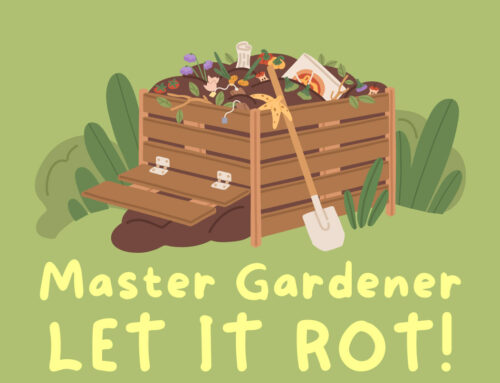Ten years later, I remember more about that day than any other. I remember that at 3:50 p.m. on that Wednesday, the day after George Bush was elected president, I was sitting in a strange doctor’s office, having just completed what I considered to be a less-than-strenuous exam.
And there I was, seated not in an examination room or in the waiting room, but in a big, comfortable chair in the doctor’s personal office.
I knew then I was in trouble.
“I want to schedule you for surgery Friday,” the doctor said. “We don’t want to take any chances, because this cancer moves quickly.”
When he said it, the word glanced off me and sort of floated there, omnipresent, in front of my face.
“Cancer,” I repeated. “Are you sure it’s cancer? Are you sure it’s malignant?”
The doctor gave me a sympathetic look, but he left no doubt.
“It’s malignant, and it’s cancer.”
Talk about a life-changing experience. All of a sudden, I wasn’t in such a big hurry to find out about Bush’s presidential plans. In fact, I wasn’t in much of a hurry to find out about anything.
Because try as I might, I couldn’t clear my mind of two thoughts: I had cancer, and I was going to die.
I still remember sullenly slurping a Dairy Queen Blizzard after I left the doctor’s office, trying a faithful, old trick to cheer myself up.
It didn’t work.
And I remember waking up in a hospital room with the TV tuned to that infamous “Geraldo” episode where a melee broke out and one of the guests tossed a chair into Geraldo’s nose.
“Now, why does Geraldo get a broken nose,” I wondered, “and I wind up with cancer.”
Anyway, things worked out. I was fortunate to catch my cancer early. In fact, my odds of dying of cancer aren’t much greater than most of yours anymore.
But rarely a day goes by, even 10 years later, that I don’t think about cancer and how it changed me. The thoughts seem distant now, but they pop up suddenly, surprisingly, randomly, without warning.
Cancer really isn’t a neighborhood issue, other than the fact that it changes a neighborhood by changing the people around us.
Sometimes for better. Sometimes for worse.
The breast cancer survivors photographed for this month’s Advocate are heroes to me, not only because they are facing a deadly illness. They’re inspiring because they’re inviting us into their own private hell.
They’re doing it because maybe in one of their stories, a quote or a comment or a statistic will ring true to one of you, helping you better understand what to say or how to help that neighbor or school volunteer or co-worker or relative or friend with cancer.
Or maybe something we’ve written here will speed up your next trip to the doctor, a trip that – even if it brings bad news – will begin the healing process.
Because as any cancer survivor will tell you, the trip to the doctor won’t kill you. It’s the trip not taken that’s the most deadly.
Take it from one who knows.





